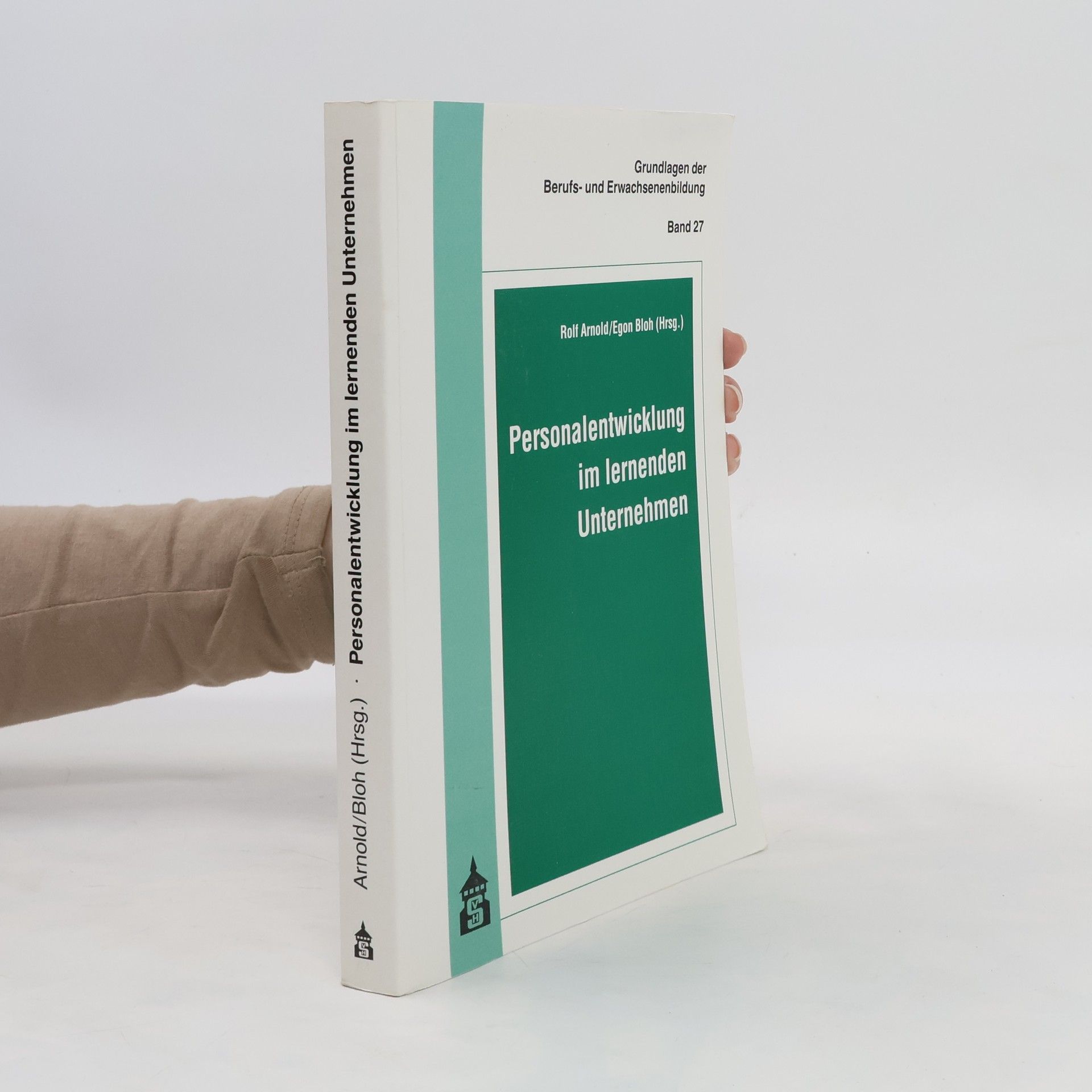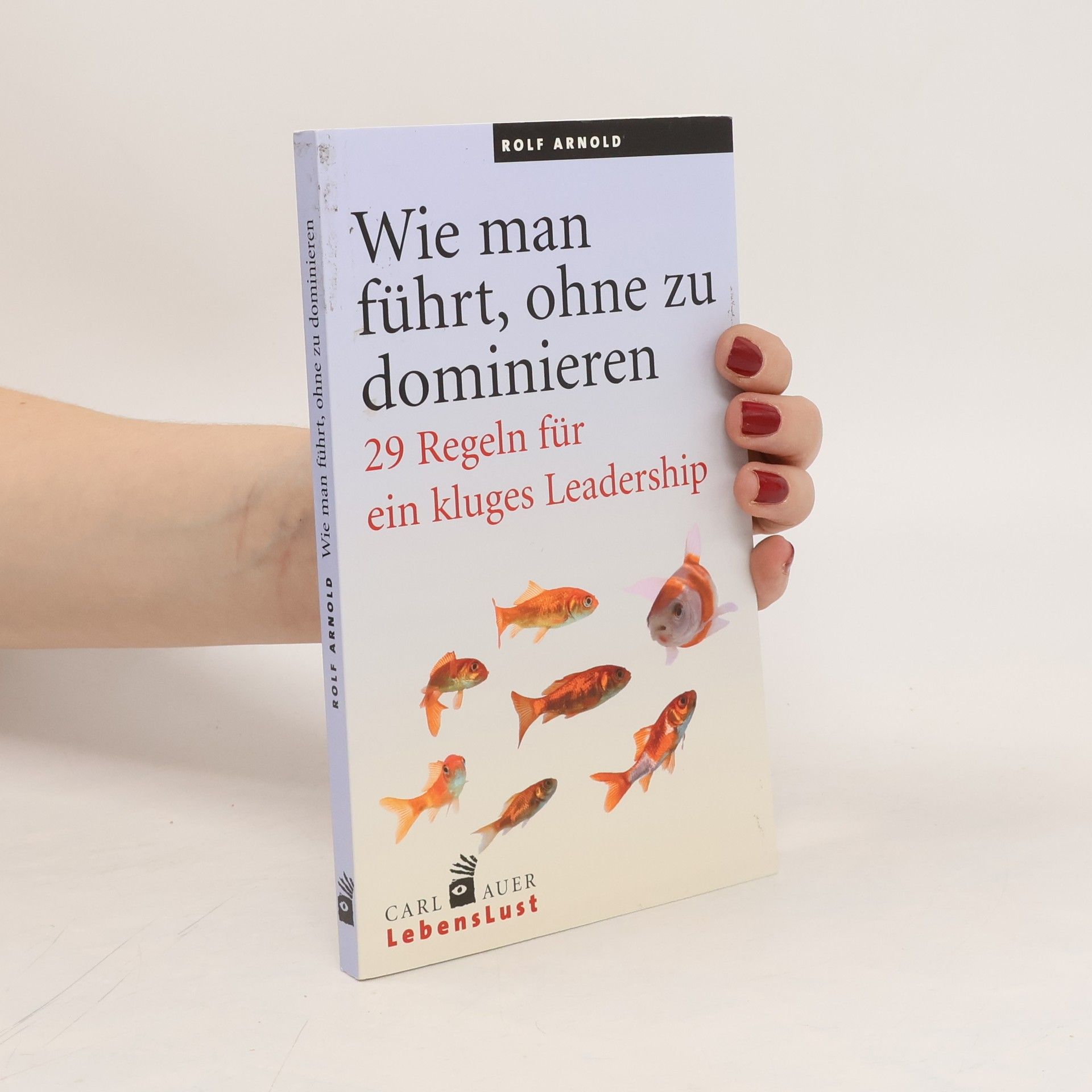Wie man führt, ohne zu dominieren
29 Regeln für ein kluges Leadership
Ob im Beruf, im Ehrenamt oder sonstwo – beim Versuch, Menschen zu „führen“, kann man schnell an Grenzen stoßen – an die eigenen und die der anderen. Wie überwindet man sie? Wie kann man Führung beanspruchen und dabei seine Ziele in der Kooperation mit anderen umsetzen? Kluge Führung fördert Kontexte, sie gestaltet Beziehungen und schafft „Spirit“, indem sie die Eigendynamik von Gruppen, Teams oder Organisationen stärkt. Klug Führende greifen nur selten zu Machtworten oder gar Machtmitteln, auch wenn sie diese kennen und zu handhaben wissen. Kluge Führung ist (und bleibt) riskant, denn wer nach ihr handelt, bewegt sich nicht in einer Welt der Wenn-dann-Gewissheiten. Rolf Arnold stellt das Handwerkszeug für eine wirksame Gestaltung „typische“ Führungsanforderungen in dieser Welt bereit. Er stützt sich zum einen auf aktuelle Erkenntnisse aus der Führungsforschung, und zum anderen auf seine umfangreiche Praxiserfahrung, die er während fast dreier Jahrzehnte in unterschiedlichen Führungsfunktionen sowie als Berater und Supervisor von Unternehmen und Organisationen weltweit gesammelt hat. Der Autor erwartet von seinen Lesern, die 29 Regeln nicht als Rezepte zu verstehen, sondern als Aufforderung zur Selbstreflexion. So ist die letzte der 29 Regeln zugleich bezeichnend für einen klugen Führungsstil: Misstrauen Sie Regeln und erforschen Sie Ihre eigene Regelhaftigkeit!




